Between November 25th and 29th, 2014 the third forum of the “Entangled Media Histories”-network took place in Hamburg. Once again, after our initial workshop in late 2013, we had the great pleasure to meet in the premises of the Hans-Bredow-Institute for Media Research near the Campus of Hamburg University. The main focus of the workshop was on transnational audiences and media consumption as rather tricky, but core aspects of studying media history. Thus, we continued the fundamental discussions on how to get hold on entangled media histories, which began during our earlier meetings in Hamburg (Forum I) as well as in Bournemouth (Forum II) and which dealt with theories, methodological approaches and primary sources for the study of entanglement as an innovative and unique perspective on media history.
On Tuesday morning, EMHIS’ PhD-students held a Pre-Meeting chaired by Alina Tiews in order to present the current state of some PhD projects and to discuss methodological questions. Furthermore, Katy Homden and Kate Terkanian from Bournemouth’s Centre for Media History (CMH) were warmly welcomed as new PhD-candidates in the network. Afterwards the group visited Hamburg’s well-known “Museum für Kunst und Gewerbe” (Museum of Arts and Crafts) in order to explore entangled media histories in exhibits. A great deal of attention, for instance, was attracted by a reconstruction of 1969s quite colourful and rather psychedelic designed staff canteen of the former and meanwhile demolished office building of Germany’s leading news magazine “Der Spiegel”.
The third EMHIS Forum, then, was officially opened in the afternoon by an inspiring and thought-provoking keynote by our special guest Christina von Hodenberg, Professor of European History at the Queen Mary University of London and currently for one year Humboldt Research Award-Fellow at the Martin-Luther-Universität of Halle-Wittenberg. In her paper “Measuring television’s social impact: Transitional audiences in the era of limited choice” she explored the possibilities of studying television audiences and the societal impact of media during the late 1960s and 1970s. Based on a comparison of three television serials that relied on the same family sitcom format – “Till Death Us Do Part” in the United Kingdom, “All in the Family” in the United States of America, and “Ein Herz und eine Seele” (aka “Ekel Alfred”) in West Germany – Professor von Hodenberg explicated that television, as a catalyst, served to accelerate value changes in the respective society. Doing this, she gave an early insight in her new book, which will be published with BerghahnBooks in 2015. As further guests Professor Inge Marszolek and Yvonne Robel from the research network Communicative Figurations, which is linked to the Hans-Bredow-Institute, participated in the forum and gave exciting impulse for the ongoing debates.
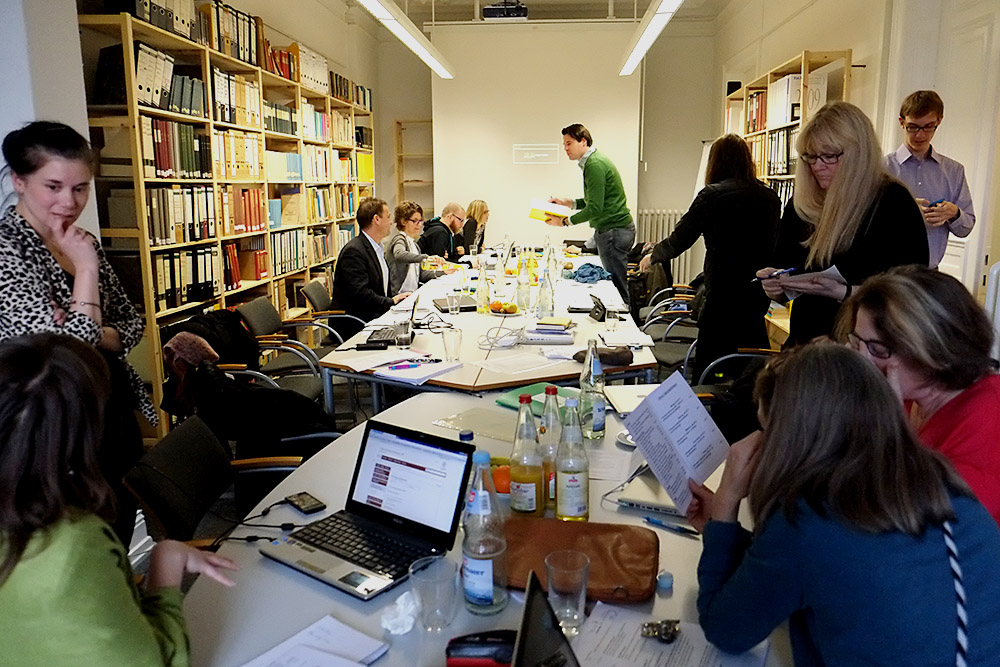
Wednesday morning started with a presentation by Hans-Ulrich Wagner and Christoph Hilgert giving an overview of the existing approaches, theories, questions and methodological role models in the field of transnational audience and media consumption studies in media history. This helped to spark and to structure the following discussion, which engrossed our thoughts about both the benefits and the challenges of tracing the patterns – or even more daring the possible impact – of media reception in the past. No doubt, this is a rather demanding and laborious dimension of tracing entangled media histories. However, it is also a very important and instructive part for the understanding of mass media communication history and of history in general.
In the afternoon the EMHIS-members enjoyed the exclusive honour of being welcomed by Cathrine Stockinger, the head of the readers’ information service of Germany’s most important weekly news magazine “Der Spiegel”, in its ultra-modern, new office building in Hamburg’s HafenCity area. Beforehand, Philipp Seuferling had given a brief summary of the magazine’s outstanding history in the field of investigative journalism. Stockinger and her colleague Christian Goedecke from the Media Marketing Department introduced EMHIS to the current efforts in studying the “reader”, i.e. in tracing the unstable habits and interests of today’s media user. The structural changes in the media business in times of digitization and media convergence cause considerable uncertainties for the way of making and selling primarily text-based journalism (it is just random, of course, that the chief editor was asked to quit his job following disputes over the adequate strategy to cope with this scenario, just one week after our visit). It was a privilege, therefore, to get some insights in the crossmedial activities of “Der Spiegel” and the challenges of media market research. Unfortunately, future historians won’t be able to use most of the rich audience data collected here, which would be a great source in order to re-analyse today’s structural changes, because the data – albeit anonymous – are doomed to be deleted at regular intervals due to legal reasons.
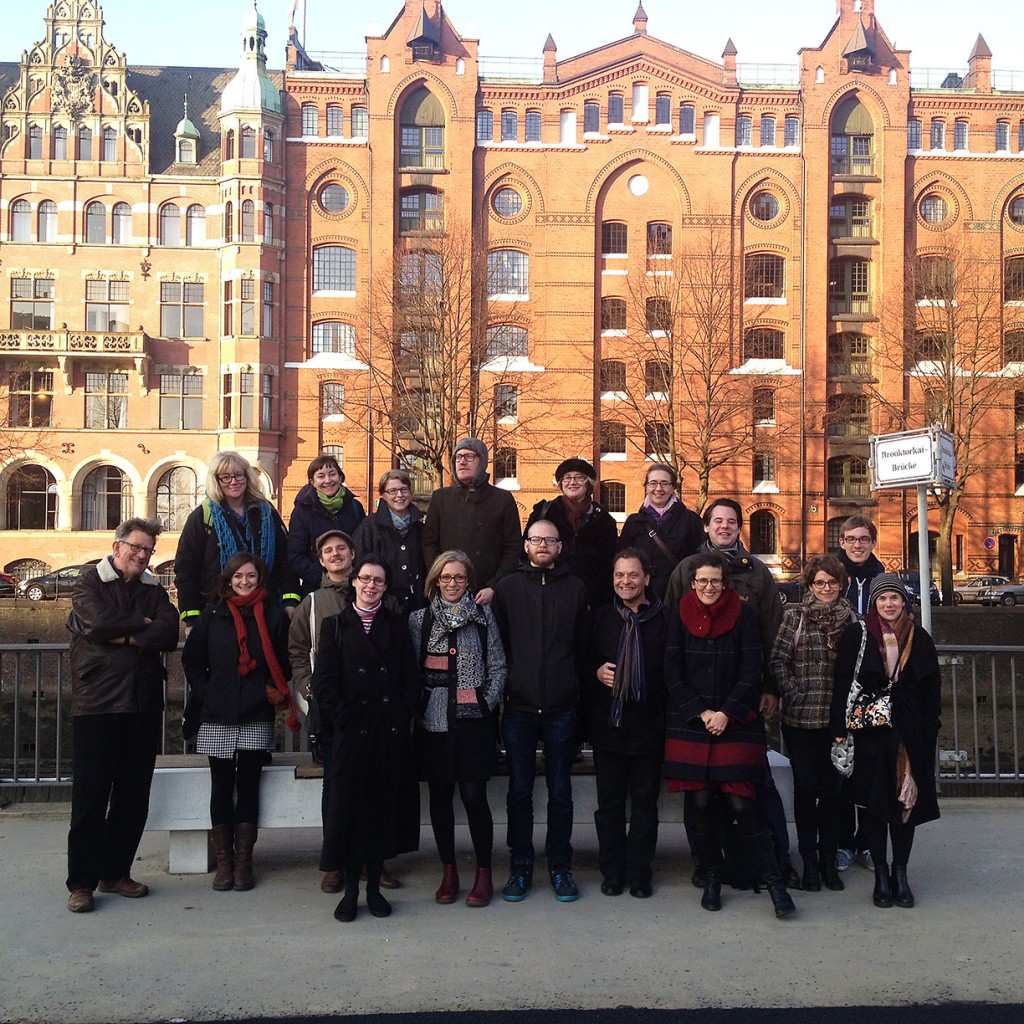
After leaving “Der Spiegel’s” headquarters EMHIS gathered nearby in the famous “Kaffeerösterei”-Café to have some tasty coffee, hot chocolate, and cake for a well deserved refreshment. The idea of discussing several upcoming tasks in smaller project groups in this relaxed atmosphere turned out to be a little bit anarchic, but still was very productive. Plans were made, for instance, concerning joint conference appearances, publications, and for the exchange of ideas in the field of teaching entangled media histories.
Thursday morning was reserved for discussions on project presentations by our guest Yvonne Robel as well as by CMH’s new PhD-students Katy Homden and Kate Terkanian: Yvonne gave a talk about media discourses and urban identity in divided Germany of the 1950s, Katy outlined her project on the ambivalent relationship between opera in radio in Weimar Germany, and Kate gave an overview of her thesis dealing with the role of female broadcasters at the BBC during World War II. All these projects were appreciated by the EMHIS-group as very exciting endeavours that, not the less, will help to study various dimensions of entanglement in media history.
Afterwards plans were made for the next steps of the EMHIS publication ambitions. Besides the “normal”, i.e. printed, research output, it was discussed how to develop some new presentation forms as well. Alina Tiews, for instance, explained the idea of an audiovisual essay, which was appreciated to be a very interesting multimedia format. Later on there was a reception at the Institut für Medien und Kommunikation (Institute for Media and Communications) of Hamburg University. EMHIS, thus, got to know more media studies scholars based in Hamburg and made lots of new friends.
Then, Friday morning it was already time to say goodbye again. EMHIS Forum IV will take place in Bournemouth in May 2015. There we are in particular going to focus on forms of transmedial entanglement in our discussions.
/Christoph
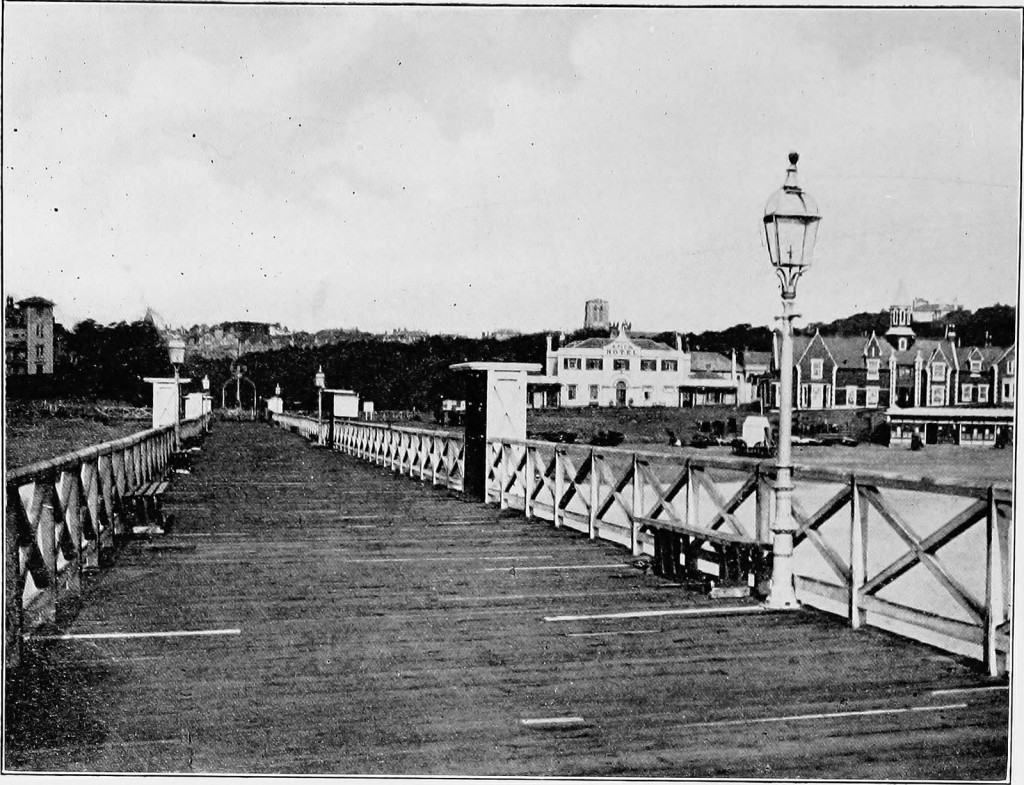 The schedule for EMHIS Forum IV in Bournemouth later this month is now online. The theme for this forum is Convergence and Divergence of Media Forms.
The schedule for EMHIS Forum IV in Bournemouth later this month is now online. The theme for this forum is Convergence and Divergence of Media Forms.
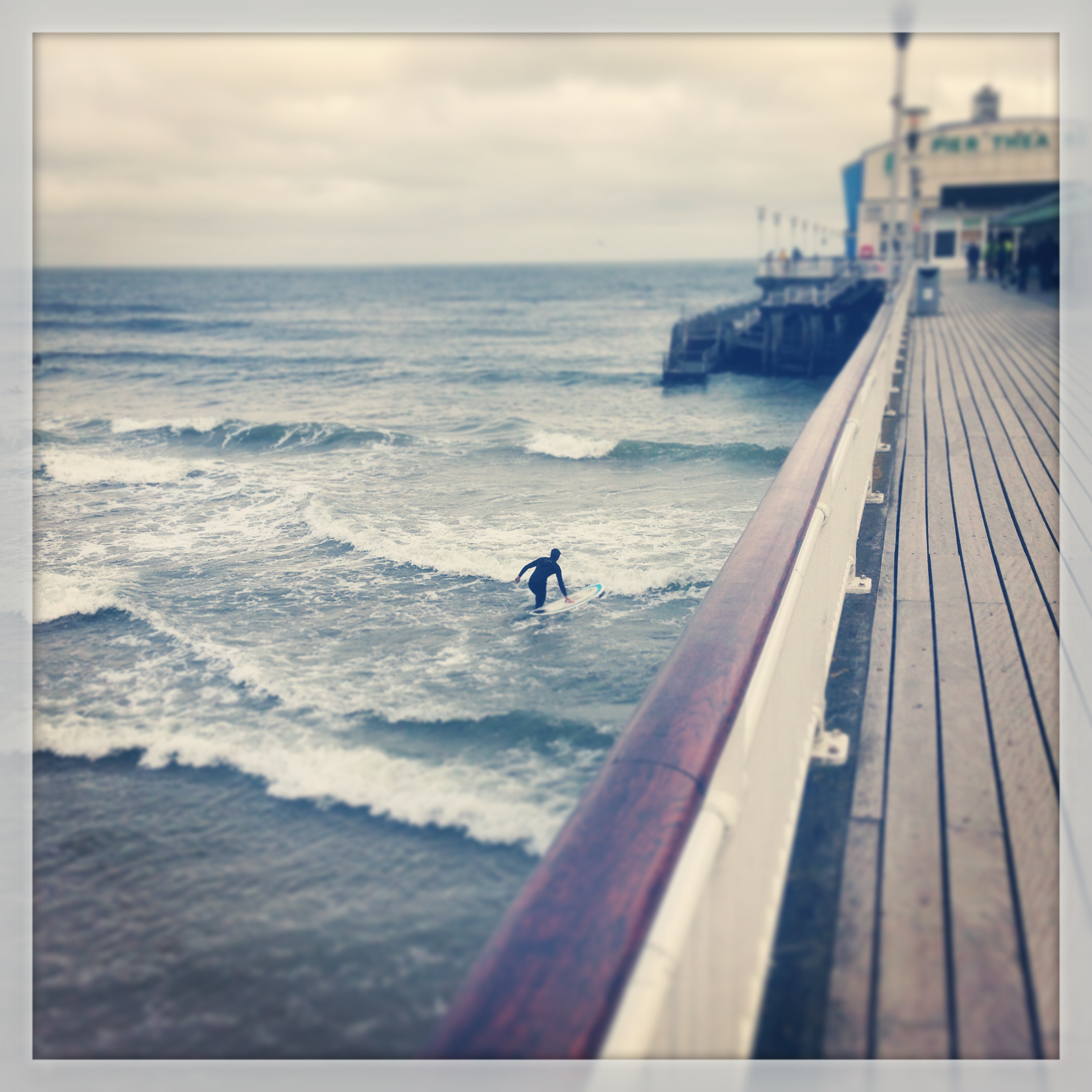

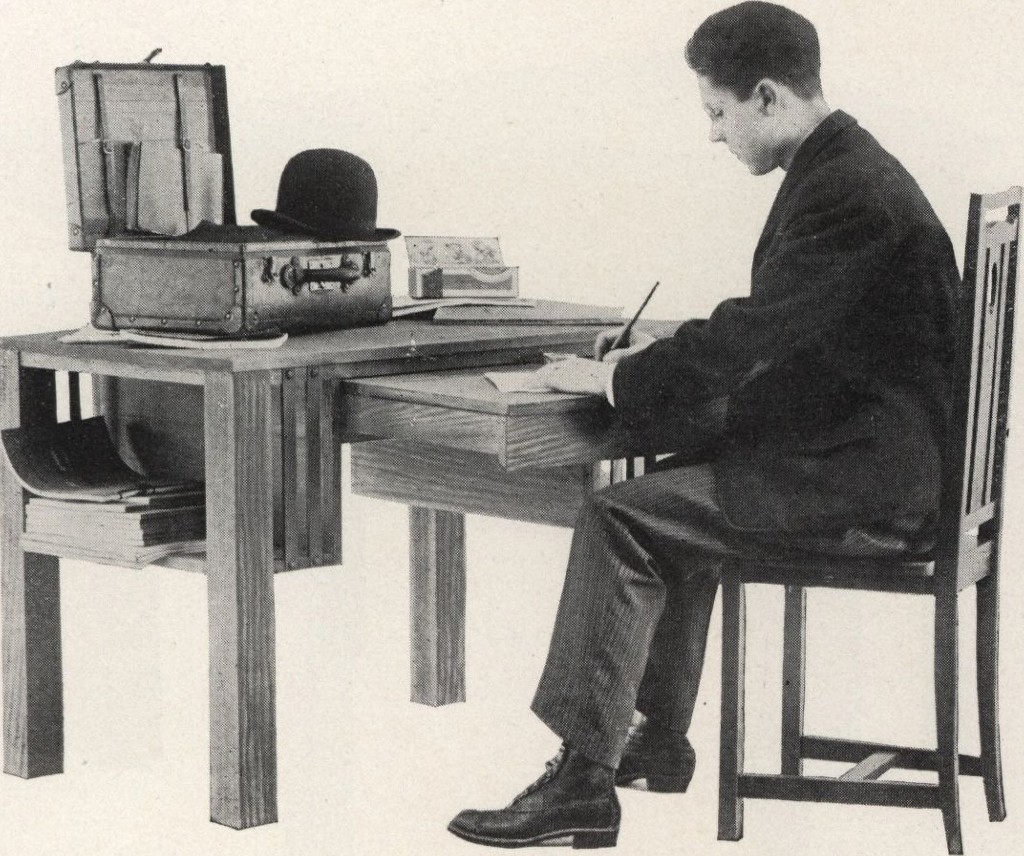
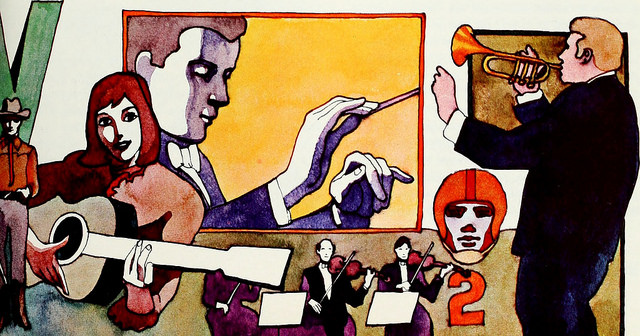
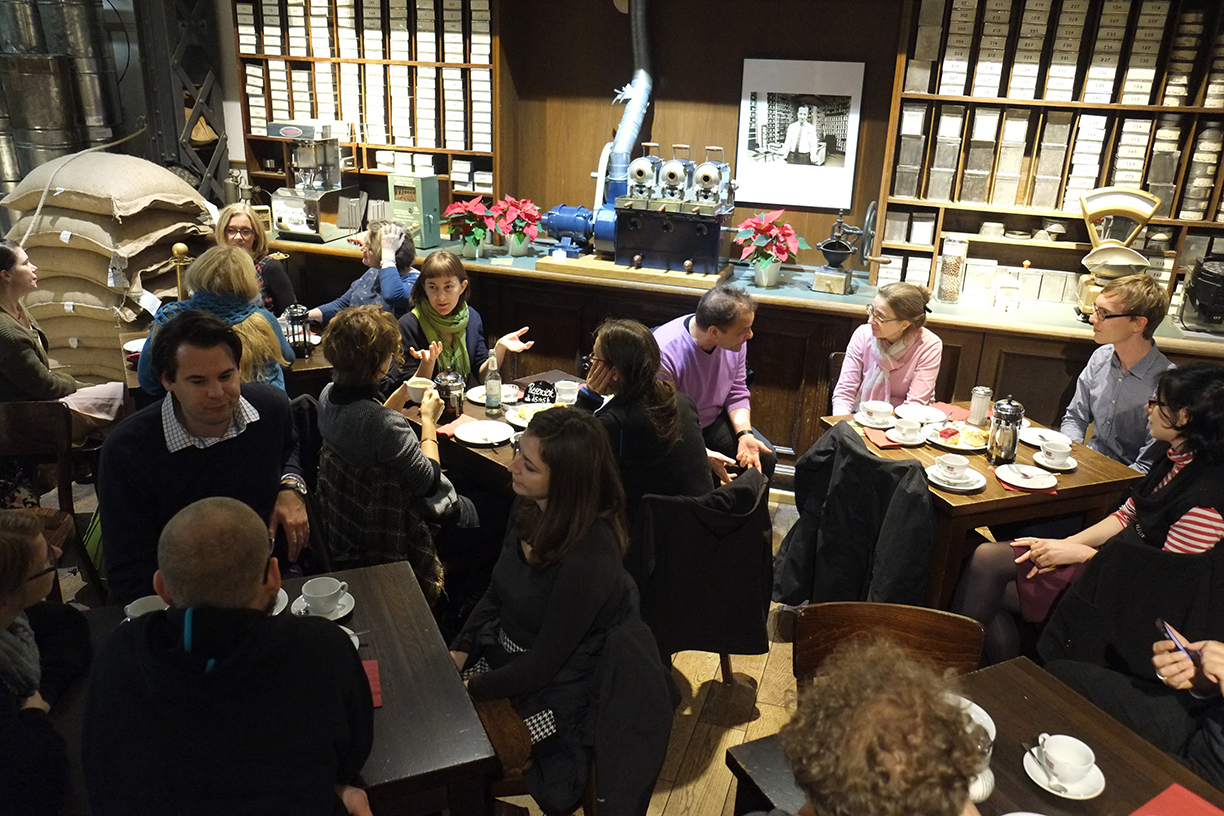
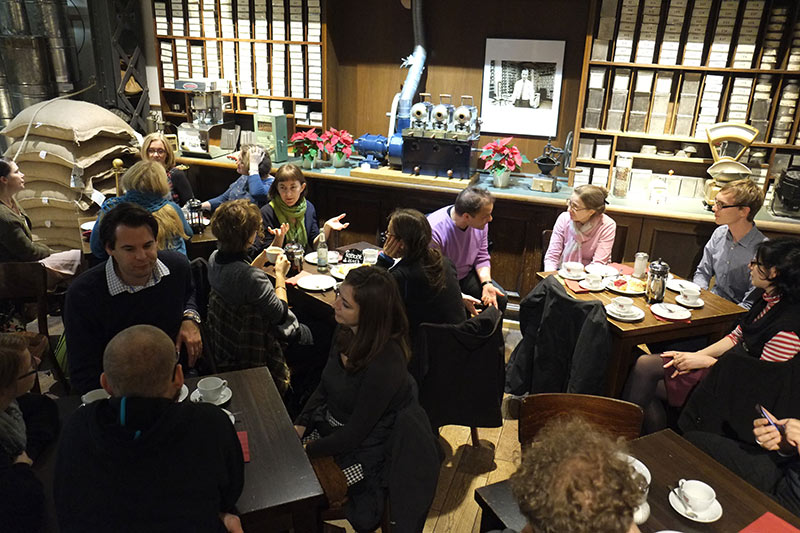



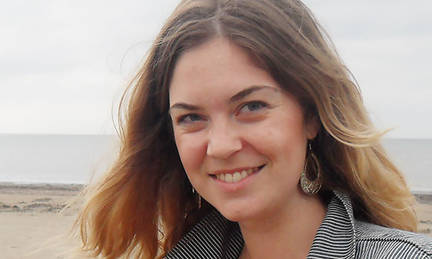
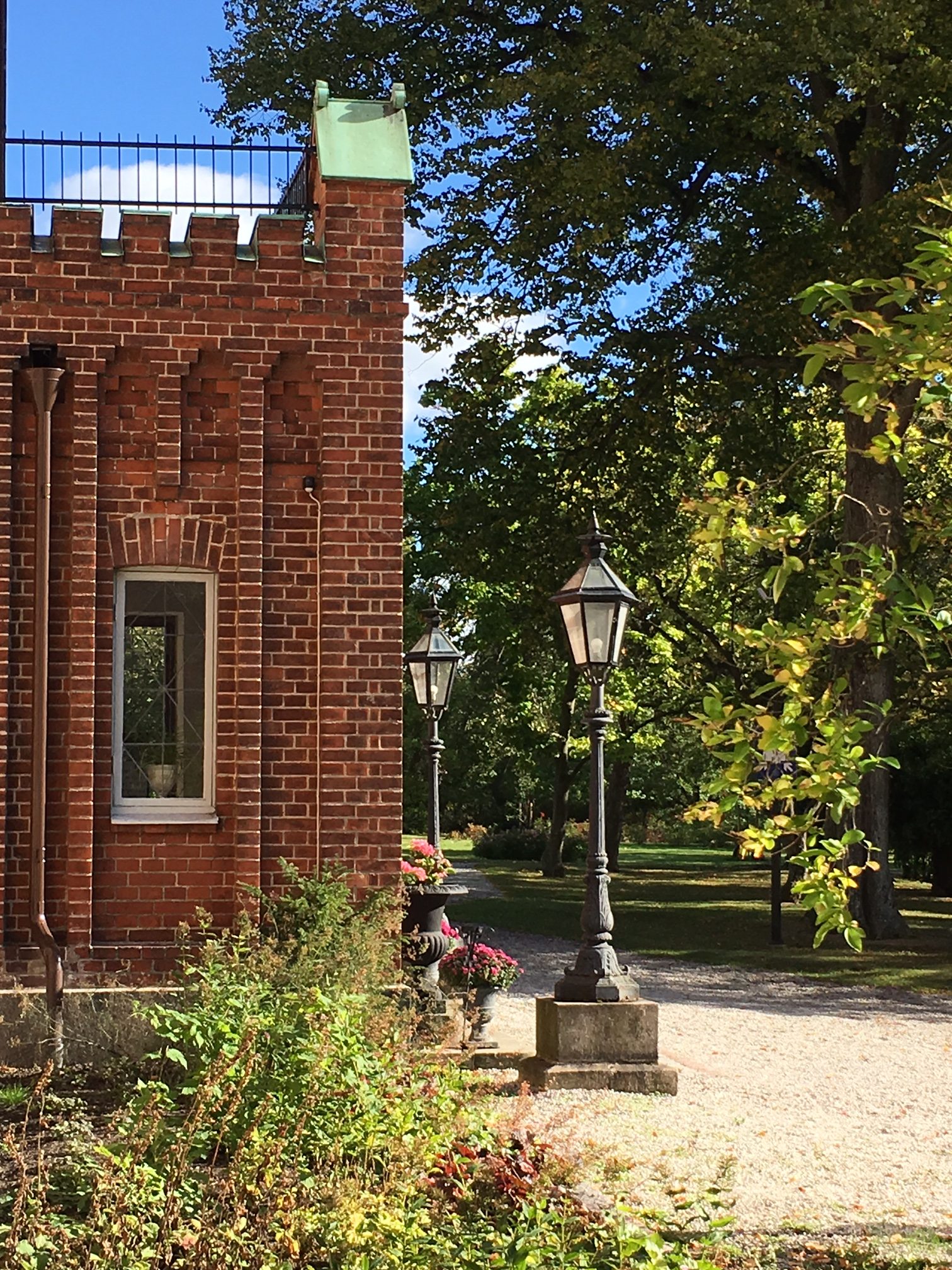
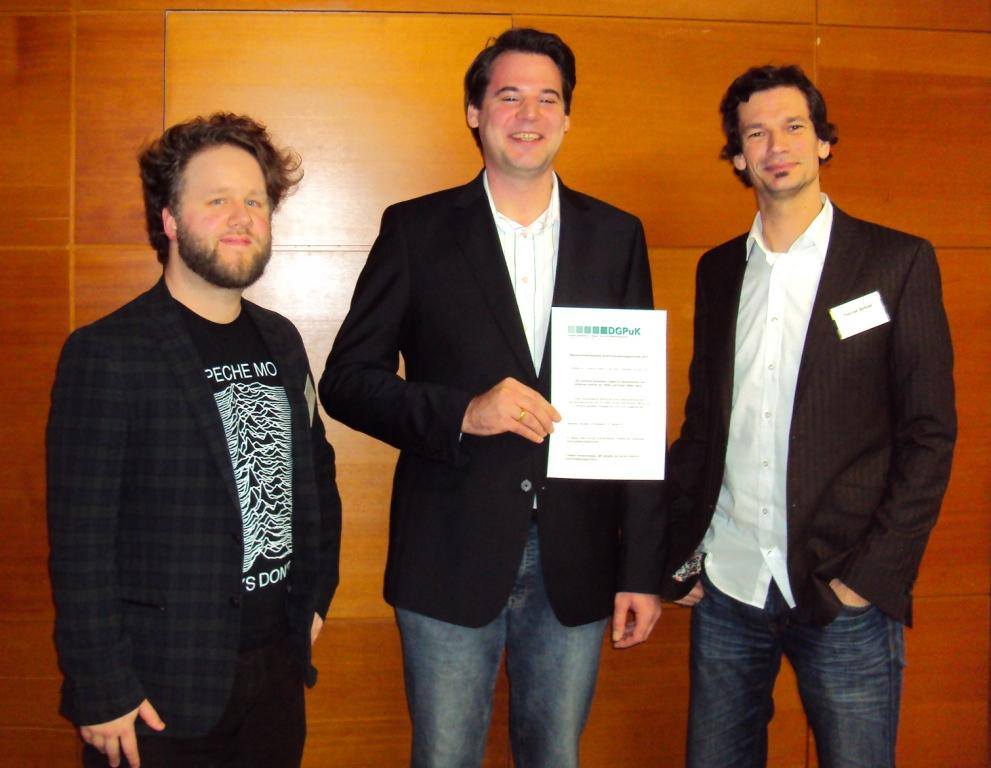


Comments